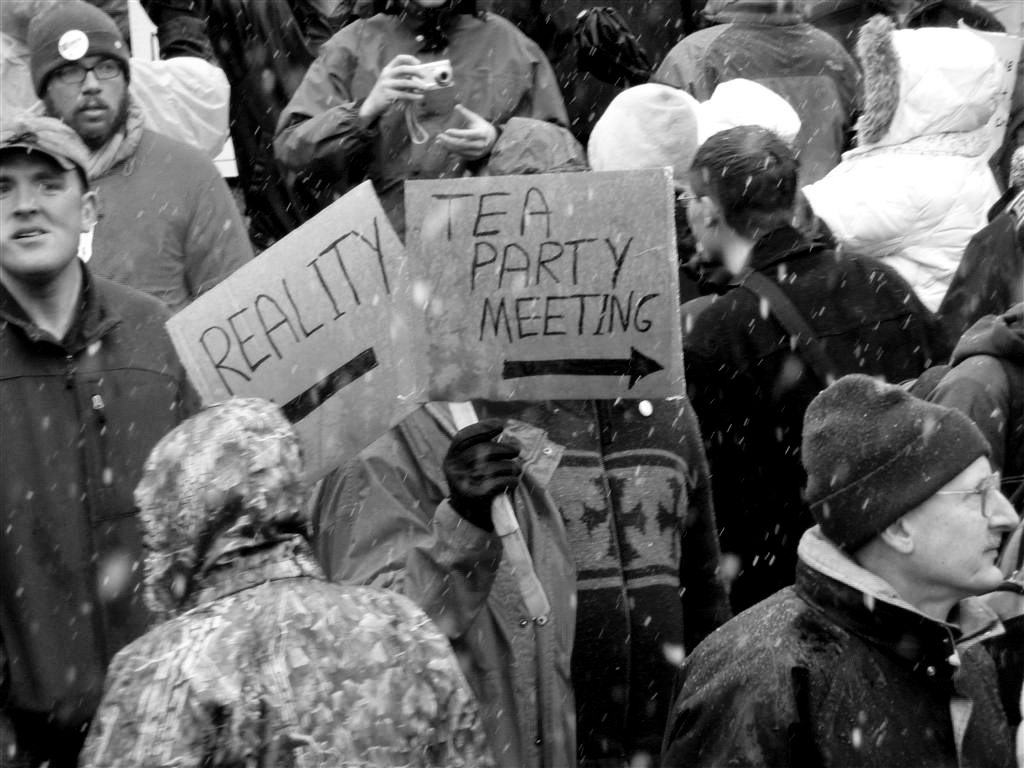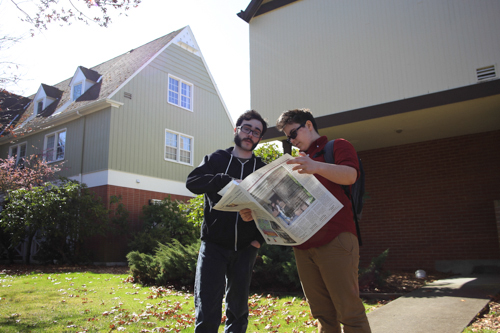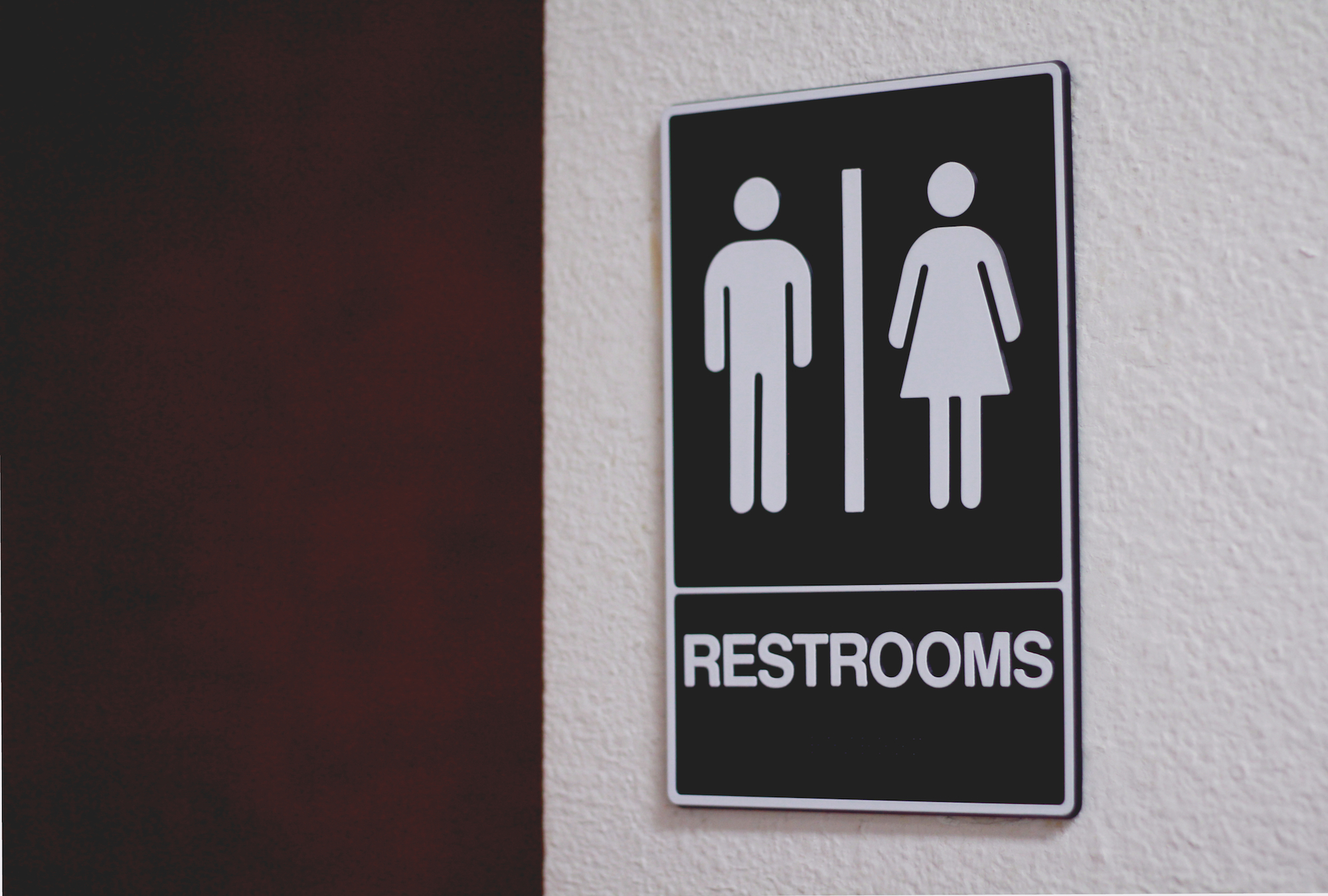
Everyone knows that saving money is good. Taking money away from people who depend on it during a sticky economic time is morally unacceptable, yet the Tea Party is calling for exactly that.
The Tea Party, a populist political movement rooted in radical conservative values, has a platform consisting of three major goals.
The promotion of federal fiscal responsibility, governmental adherence to a strict interpretation of the Constitution, and neoliberal free market policies represent the Tea Party platform. These ideas are appealing to some in theory, but the realistic implementation of these hard-line policies would have a hugely negative impact on a large portion of society. Those on the lower rungs of America’s economic ladder would bear the brunt of these negative consequences, and they are the group that needs the most protection right now.
Some of the budget cuts that the Tea Party supports are entirely reasonable. The Department of Defense and the Department of Transportation, for example, can and should find ways to tighten their belts. The current policy of acting as if America’s spending habits, both individual and governmental, are not out of control is very harmful to our society as a whole. However, even more harmful is this attitude of “every man for himself.” America needs an intervention, not encouragement.
One relatively famous clip from a recent debate, hosted by CNN, is a perfect example of how unhealthy this attitude is. The clip essentially shows Wolf Blitzer asking Ron Paul if society should be responsible for an individual who is in a coma with no insurance, and no one to take care of him financially.
After Ron Paul uttered something about privatization and the greater good, Blitzer retorted, “Are you saying that society should just let him die?”
Members of the crowd responded with applause and agreement.
It seems like the Tea Party has forgotten the golden rule: do unto others as you would have others do unto you. Whether or not some Americans would like to admit it, each and every facet of society depends on government support and spending, and eliminating that support is not going to make the problem go away, but will only serve to augment it.
An article in the “New York Times” said, “[Socioeconomically], the top 300,000 Americans collectively enjoyed almost as much income as the bottom 150 million Americans.”
Income and wealth are becoming increasingly stratified, and cutting support to the people who are struggling to prevent the richest from shouldering the burden is only going to increase that stratification. What’s surprising is that many supporters of the Tea Party movement are included in America’s lowest economic ranks. They march and rally in support of policies that would prove detrimental to their respective self-interest.
A Good Samaritan law should be enacted against these policies, one that prevents the least fortunate member of our society from bearing the brunt of radical ideological warfare. America is not a poor country; we have the resources to prevent the ground from opening up below the feet of its poorest in the interests of the rich. Tax the ultra-wealthy—they can surely afford it. Cut funding to the excessively inflated parts of our federal government, but leave the money that goes towards helping people in need alone.



